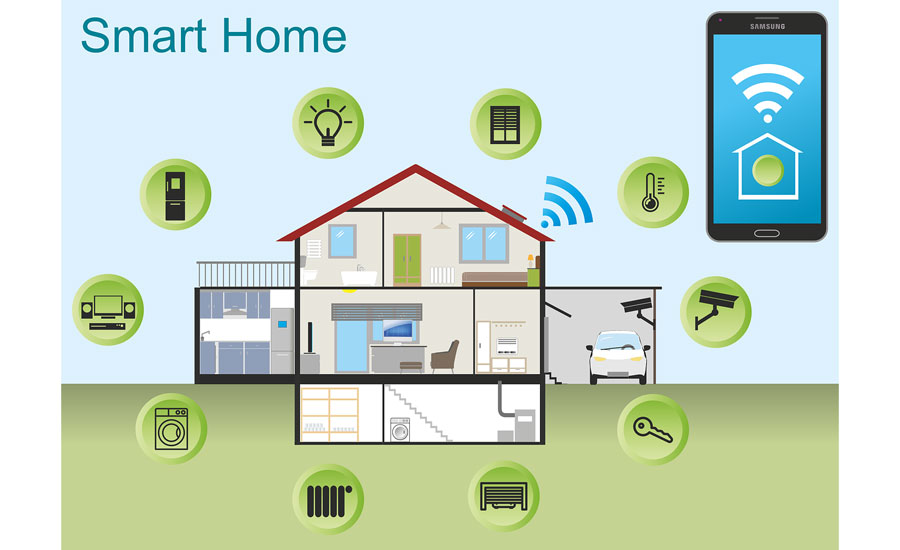Exactly How Climate Impacts Heatpump Performance And What You Can Do Concerning It
Exactly How Climate Impacts Heatpump Performance And What You Can Do Concerning It
Blog Article
Content By-Bengtson Munkholm
When it concerns your heatpump, climate plays a critical duty in its performance. From freezing mouse click the following webpage to sweltering heat, each aspect can affect how efficiently your system operates. Yet what can you do to battle these weather-related obstacles and guarantee your heatpump is working at its best? Keep tuned to uncover functional suggestions and methods to enhance your heatpump's efficiency, regardless of the weather it deals with.
Weather Factors Affecting Heat Pump Efficiency
Climate elements have a substantial impact on the performance of heatpump. One vital element is temperature. Heat pumps work by transferring heat from outside to within during winter and vice versa in summertime. As temperatures decline, it comes to be harder for the heatpump to extract warm from the outside air, decreasing its effectiveness.
One more crucial element is humidity. High moisture degrees can make it extra tough for the heat pump to launch warmth throughout the cooling process.
Additionally, wind rate contributes. Solid winds can dissipate the warm soaked up or launched by the heatpump, impacting its general efficiency.
Tips for Optimizing Heatpump Efficiency
To boost the efficiency and durability of your heat pump, carrying out a few key approaches can make a considerable difference in its performance.
To start with, guarantee routine maintenance by cleansing or changing filters every 1-3 months to avoid airflow blockages and maximize airflow. Additionally, schedule yearly professional evaluations to spot and deal with any kind of possible issues early.
Ideal thermostat setups also play a critical duty. During the winter months, aim for a temperature setup that's as reduced as comfy, and throughout the summer season, established it as high as comfortable to minimize the work on your heat pump. Utilizing a programmable thermostat can assist you automatically change settings based upon your timetable.
In https://www.nny360.com/top_stories/national-grid-offers-tips-on-reducing-energy-consumption-during-summer/article_6df8a1cd-b452-5346-aded-653d190cd92b.html , sealing leakages in ductwork and protecting air ducts in unconditioned rooms can prevent energy loss and improve general system efficiency.
Last but not least, take into consideration setting up a clever thermostat that can discover your routines and readjust setups appropriately, additional enhancing your heat pump's performance. By following these suggestions, you can guarantee your heat pump runs effectively and properly throughout the year.
Best Practices for Weatherproofing Your Heat Pump
For ideal performance and effectiveness of your heat pump, executing weatherproofing steps is crucial. Start by sealing any type of voids or cracks around doors, home windows, and ductwork to prevent warm loss and keep a constant indoor temperature level.
Shield exposed pipelines and air ducts to prevent freezing during cold weather and ensure correct air movement. Consider installing a safety cover over the outside device to secure it from severe weather condition components like snow, ice, and debris.
Routinely tidy the outside system to eliminate dust, leaves, and debris that can block air flow and reduce performance. Additionally, keep the location around the heatpump clear of snow, ice, and greenery to enable correct ventilation.
Verdict
Since you understand how weather condition influences your heatpump efficiency, you can take proactive actions to maximize its effectiveness. By adhering to the suggestions detailed in this short article, such as routine upkeep, thermostat adjustments, and weatherproofing procedures, you can guarantee that your heat pump runs at its best despite the weather conditions. Remain successful and keep your home comfy throughout the year.
